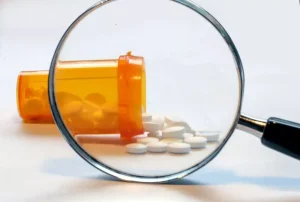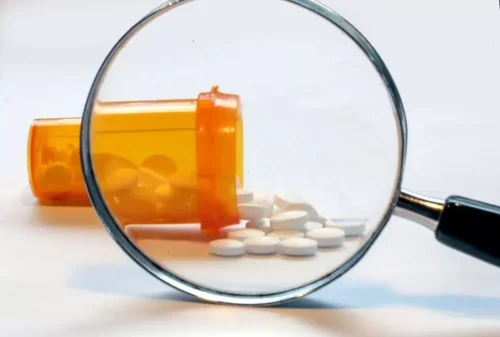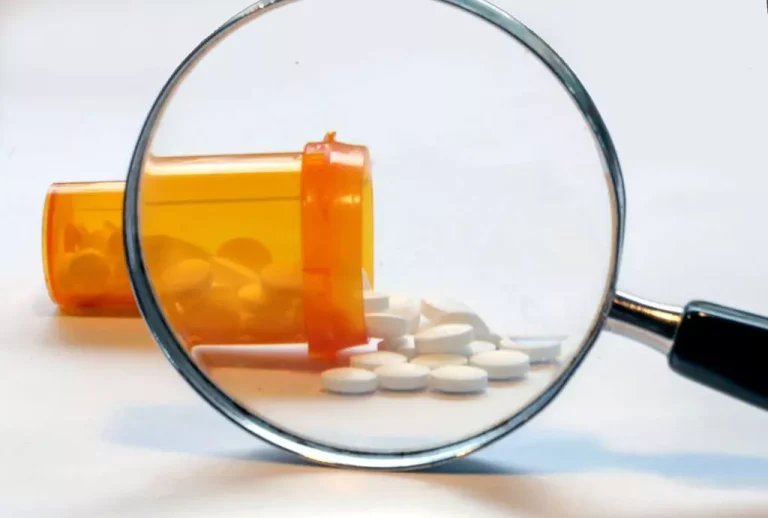Myths & Truths About Addiction Recovery: Breaking the Stigma of Addiction

It’s important to understand that addiction is not a choice or a character flaw, but rather a chronic disease that alters brain chemistry and function. Recognizing addiction as a brain disorder is crucial for reducing stigma and promoting effective treatment approaches that address the underlying causes, rather than simply blaming the individual. There is a common misconception that addiction only affects individuals who come from a troubled upbringing or have certain personality traits. This stigma can prevent people from seeking help and perpetuate the belief that addiction is a moral failing rather than a chronic disease.

How does addiction impact mental health conditions?

Some supplement their primary drug of choice with whatever is readily available (e.g., using prescription opiates and heroin interchangeably). For people who have no personal experience with addiction, it’s easy to get a distorted idea of what the disease is actually like. But there’s no better way to correct these misconceptions than to talk to the people who know the subject firsthand.

Treatment

Addiction impacts not just the individual but also their families, friends, and communities. The ripple effects can cause emotional, financial, and social strain on loved ones. Recognizing this helps in understanding the need for family involvement in https://ecosoberhouse.com/ the recovery process. For example, research has shown that genetics can play a significant role in addiction.

COMMON MISCONCEPTIONS ABOUT ADDICTION
- In truth, addiction can affect any individual, regardless of age, race, gender, or body type.
- However, these statistics demonstrate that treatment can indeed be effective in helping individuals overcome addiction.
- Substance abuse exists everywhere regardless of race, gender, age, or socio-economic status.
- This rewiring affects the areas responsible for decision-making, judgment, and impulse control.
- Brace yourself for a revealing journey as we uncover the truth behind addiction and recovery backed by science, providing a fresh perspective and dispelling widely held beliefs.
Over time, substances can alter the brain’s structure and function, making it extremely challenging for individuals to quit without professional help and support. And no one in a power or policy advocacy position in the U.S. seems to notice, or care about, the negative consequences of this approach. Shame and stigma surrounding addiction prevent addicts and their loved ones from seeking help or discussing the impact of addiction on families. Addiction being kept hidden leads to the spread of myths and misconceptions, hindering understanding of the disorder.
- Believing in these myths can stop you from making the life-changing decision to stop drinking.
- PsychiatryOnline subscription options offer access to the DSM-5-TR® library, books, journals, CME, and patient resources.
- Some people believe that detoxification, or the process of removing drugs or alcohol from the body, is all that’s needed to recover from addiction.
- It can help break down the barriers that stop people from getting help.
Addiction Treatment Programs
- Research conducted at Treatment Research Institute, Philadelphia shows that 40-60% of people in recovery from addiction will experience at least one instance of relapse.
- In my recent presentations, I have begun by warning audiences that I will undercut all of their fundamental beliefs about addiction — but that if that prospect seemed alarming, they shouldn’t worry.
- It is crucial to understand that recovery is not a linear process, and setbacks or relapses do not indicate failure.
- It can affect anyone, no matter their age, income, ethnicity, religion, family, or profession.
You could also consider outpatient programs made to let you maintain your independence while seeking addiction recovery treatment. There is always hope for recovery and no one is defined by their struggles with addiction. May it be an alcohol addiction, drug addiction, nicotine myths about addiction and recovery addiction, or any other type of substance use disorder, seeking help is the first step towards recovery.

